Maui, Hawaii
It’s been almost eight weeks since the wildfires devastated Lahaina. Within a few days of the fire, I went to West Maui, visiting the community, friends and people I’ve known and worked with for years. Lahaina was once the capital of the Kingdom of Hawaii. It was a lush wetland, a destination that everyone wanted to go and visit. But thanks to a long history of plantation owners and corporations diverting water and streams away from their natural course to benefit their business interests, it’s now a community that is dry, arid, struggling with drought and brush fires every year.
People around the world have seen the devastation, but the images don’t do it justice. In person, it’s almost as though a nuclear bomb went off and destroyed everything within that town. The stories of people just going about their everyday lives until being devastated by a blowtorch-like wildfire are terrifying. Those who were able to escape, and those who live in the surrounding communities, have been dealing with extreme hardship. People without homes have nowhere to go, and those who escaped destruction have faced power outages, lack of water, fuel shortages and difficulty getting necessities like food, water and medicine. Sadly, the disaster response failed in a number of ways.
The emergency alert sirens should have sounded. Communications and updates from officials were insufficient. Once the fire was under a manageable level
of control, emergency response officials should have immediately gone out to the surrounding communities to check on those who were in dire need. That didn’t happen until days after the fire destroyed Lahaina.
When I went to West Maui four days after the fire, many people told me, “You’re the first person who has anything to do with the government who has shown up.” It was maddening. No one had gone there to see for themselves what was happening, and to ask, what do you need? People were cut off from being able to communicate — they didn’t have cell signal or internet access, no fuel, no power, no access to clean water. They felt as though no one cared about them. They had been forgotten. Worse yet, there was a period where no media were allowed into West Maui. Residents there wondered, what is the government trying to hide? Why don’t they want people to hear our voices?
Local and state officials need to answer why federal military resources were not immediately tapped to provide humanitarian assistance and disaster relief. Hawaii is the home of major Army, Navy, Marine Corps and Air Force bases. When there’s a monsoon in the Philippines or a tsunami in Thailand or a major hurricane in Guam, trained and experienced military teams deploy from Hawaii, bringing water filtration systems, generators, food, medical supplies, even temporary housing for evacuees. The military was standing by, prepared to deploy these resources for the people of Maui. The problem was they couldn’t do anything until the governor or FEMA directed them to respond. Why this did not happen immediately is inconceivable. The people of Hawaii deserve the answer to that question. Unfortunately, the lack of transparency and communication has created a level of distrust that is far worse than anything I’ve seen in Hawaii before. It creates a perception that the government has something to hide. They should have been holding daily press conferences, answering every question even when the answer wasn’t necessarily good news. They should have held town halls in all the affected areas, with representatives from every agency and non-profit on the ground present, to provide resources on the spot. Go to the people, walk house to house, provide information, listen and address the need.
While the trauma and hardship caused by this wildfire will continue on for a long time, it’s been inspiring to witness the strength of local people on Maui, the aloha and commitment they have to care for each other and their resilience to deal not only with the crisis of the present, but to look ahead to how they want to restore and rebuild their community. Even in the face of the worst wildfire in our country in over 100 years, their spirits are not broken. Even when they lost everything, they gave all they could to help each other. Their aloha and their hearts are the reasons why there is hope for our future.
I’ve been traveling quite a bit lately, and it has been beautiful to see how wherever I go, total strangers stop me and ask, “How are the people on Maui doing?” It’s been heartwarming to see — even in this age of headlines moving quickly and short attention spans — so many people across America and around the world are still thinking about and praying for our friends and family, our fellow Americans, on Maui. The road ahead will be long and difficult. My hope is that the prayers and support will continue. The other day, a woman stopped me as I was getting off a plane, and just said, “Thank you for being a voice for the people of Maui. Please continue to be there for them for the long run.” I promised her that I would be. This is my home. These are my people.
This article was originally published in The Spectator’s November 2023 World edition.



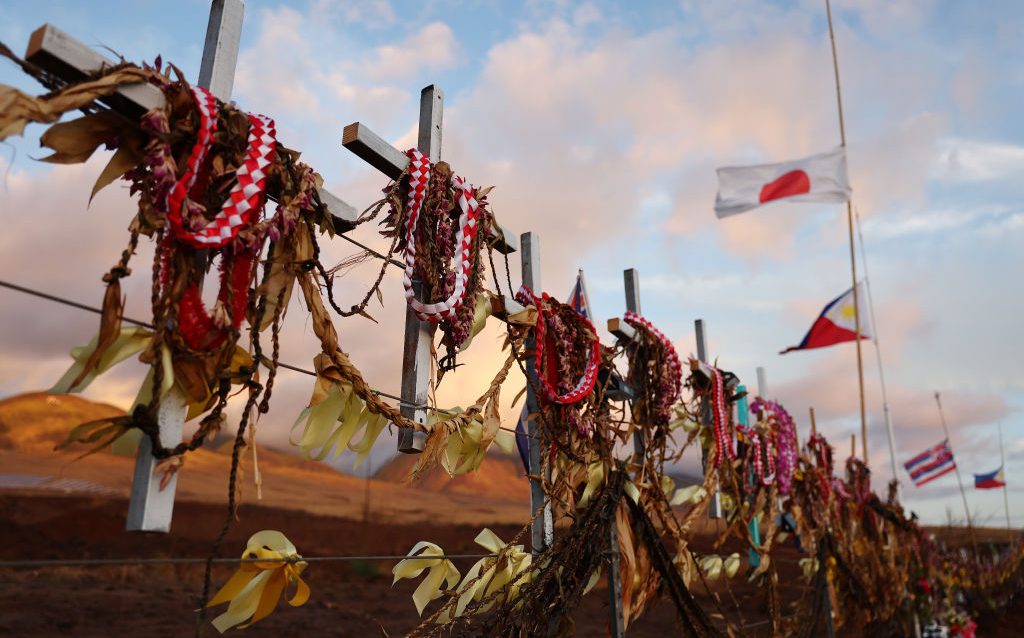






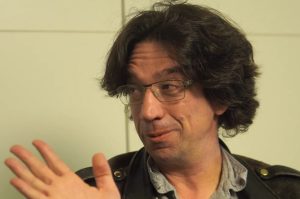
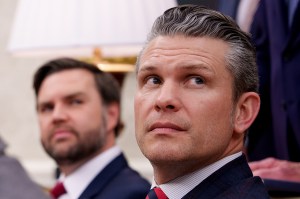
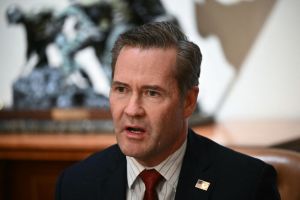
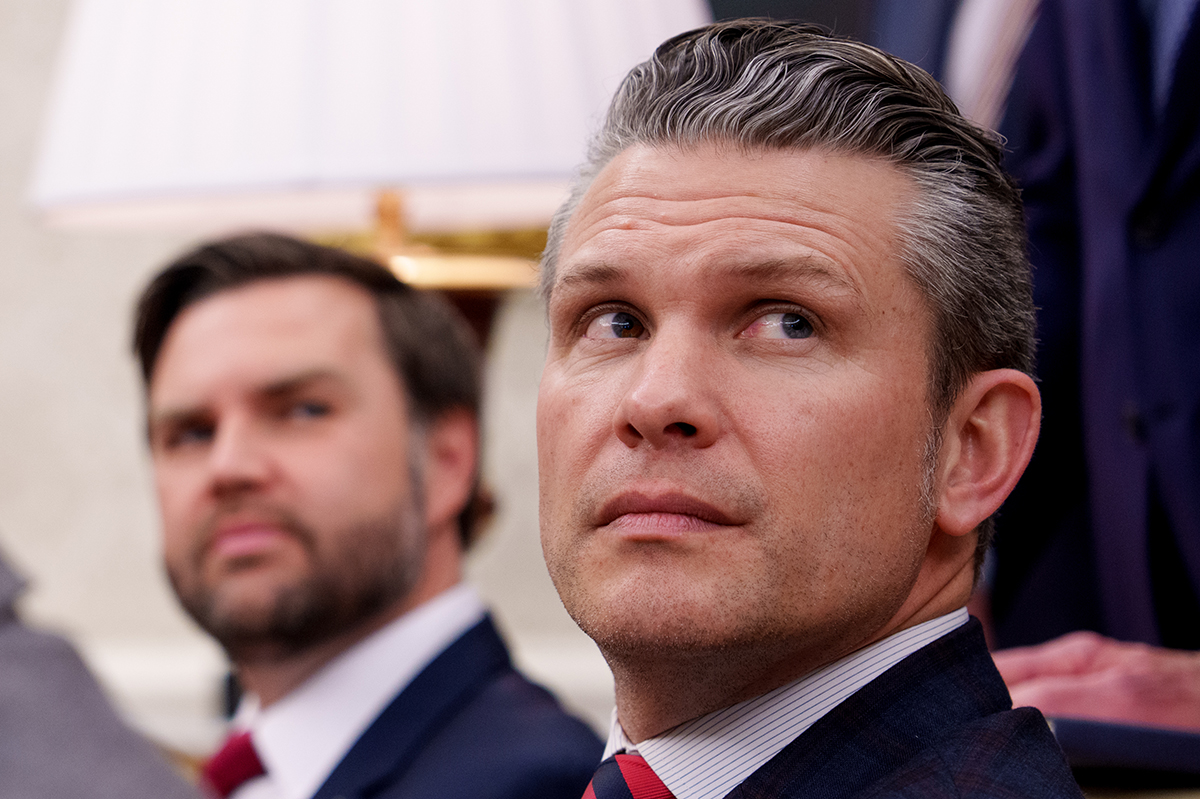
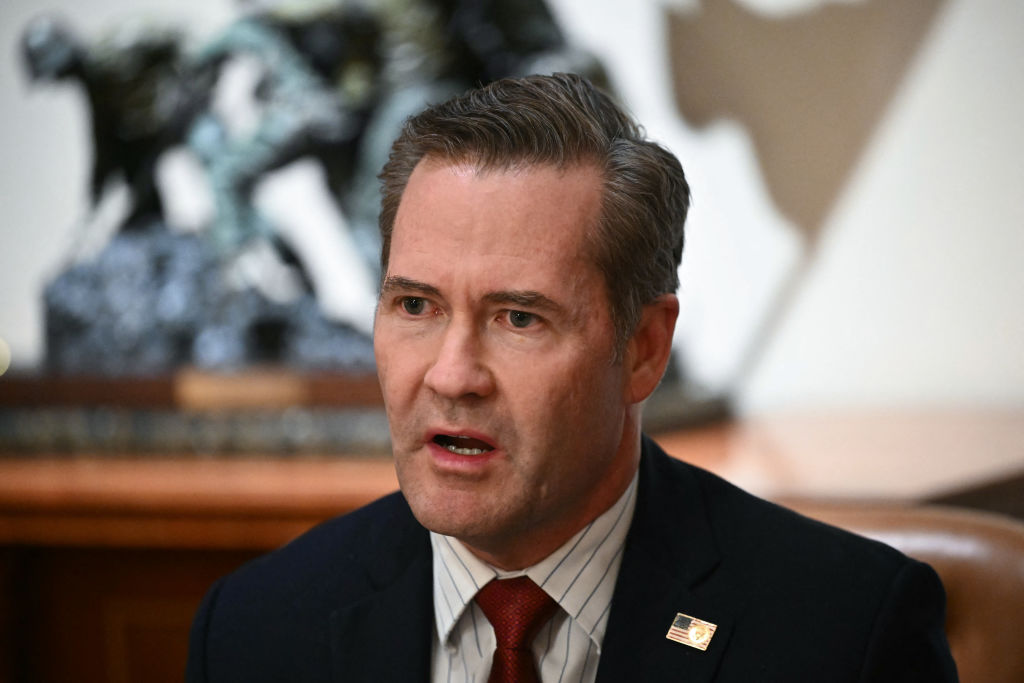
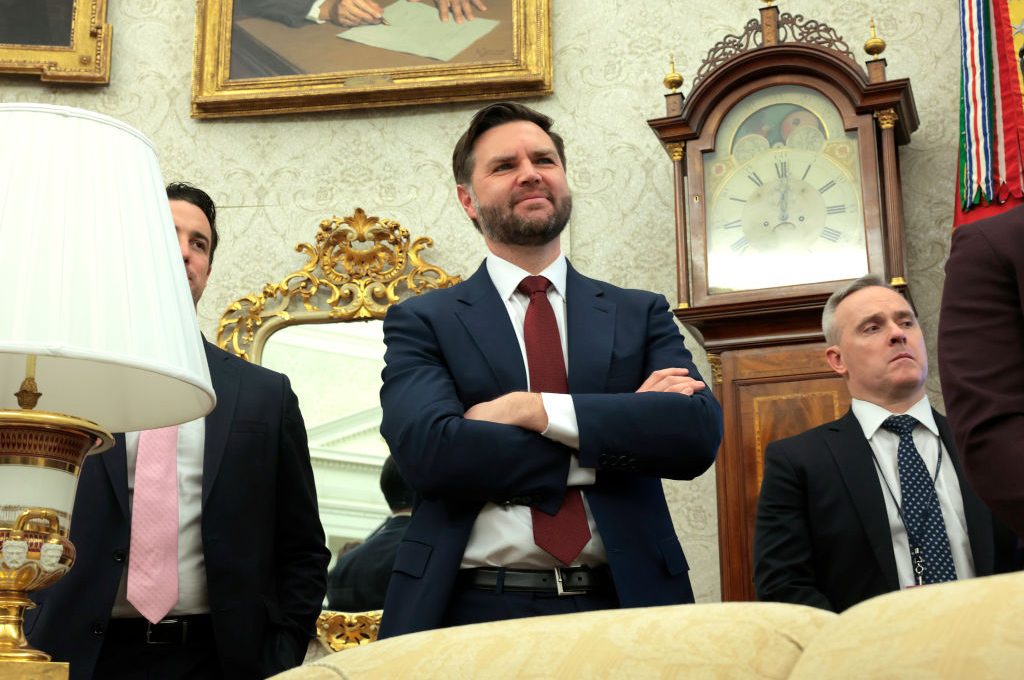
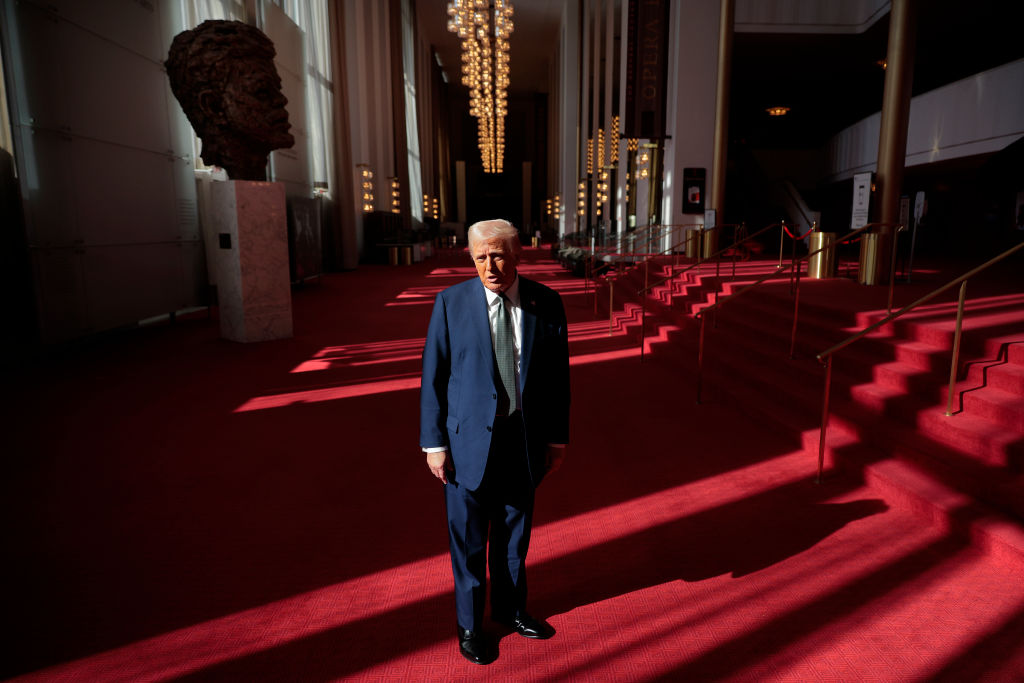
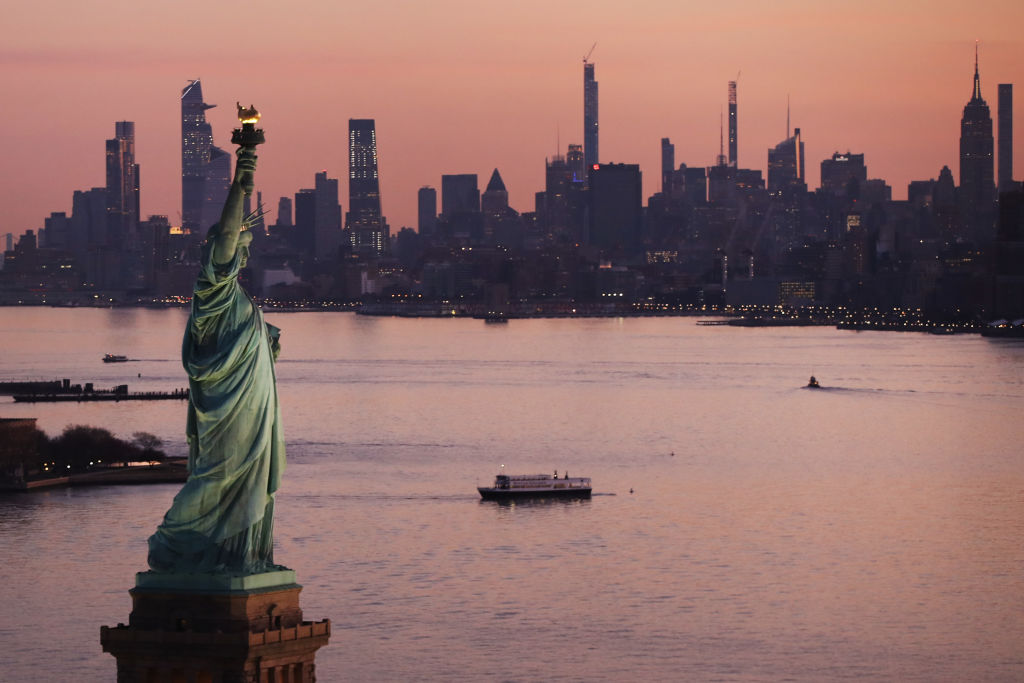
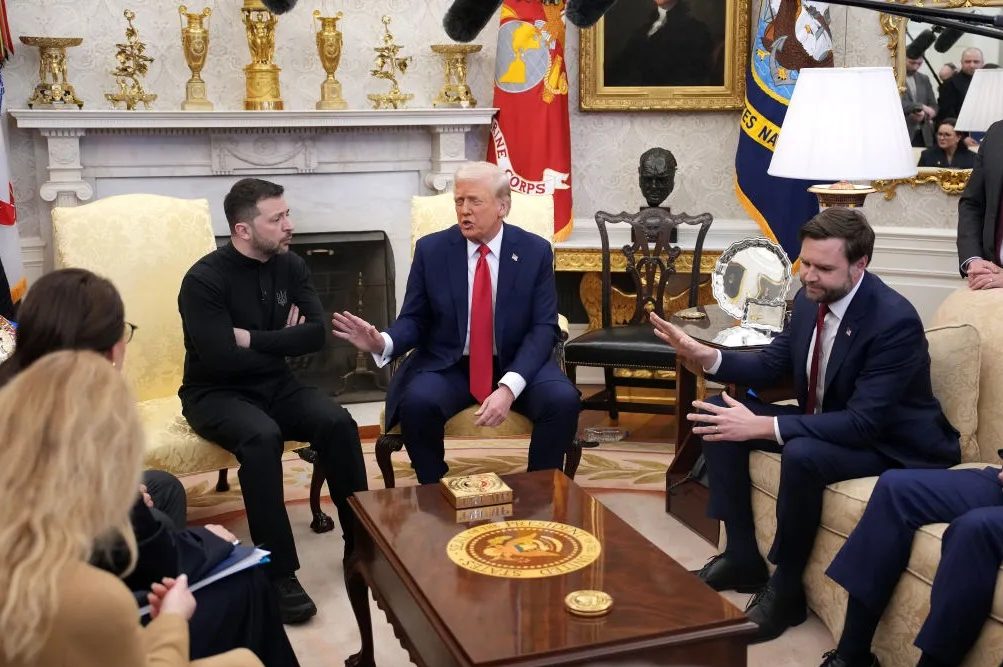







Leave a Reply